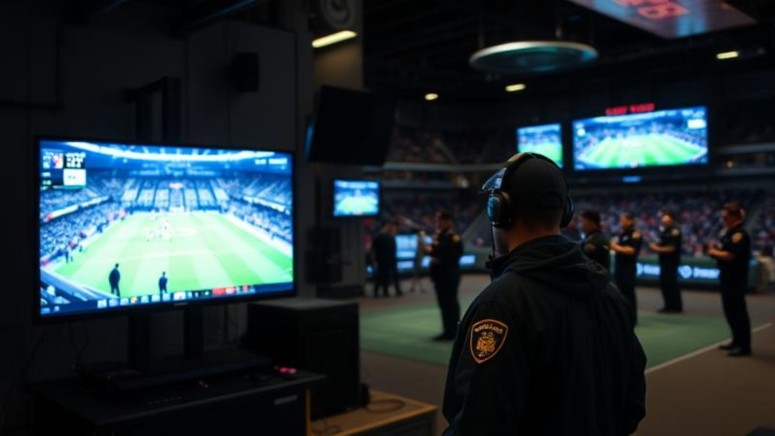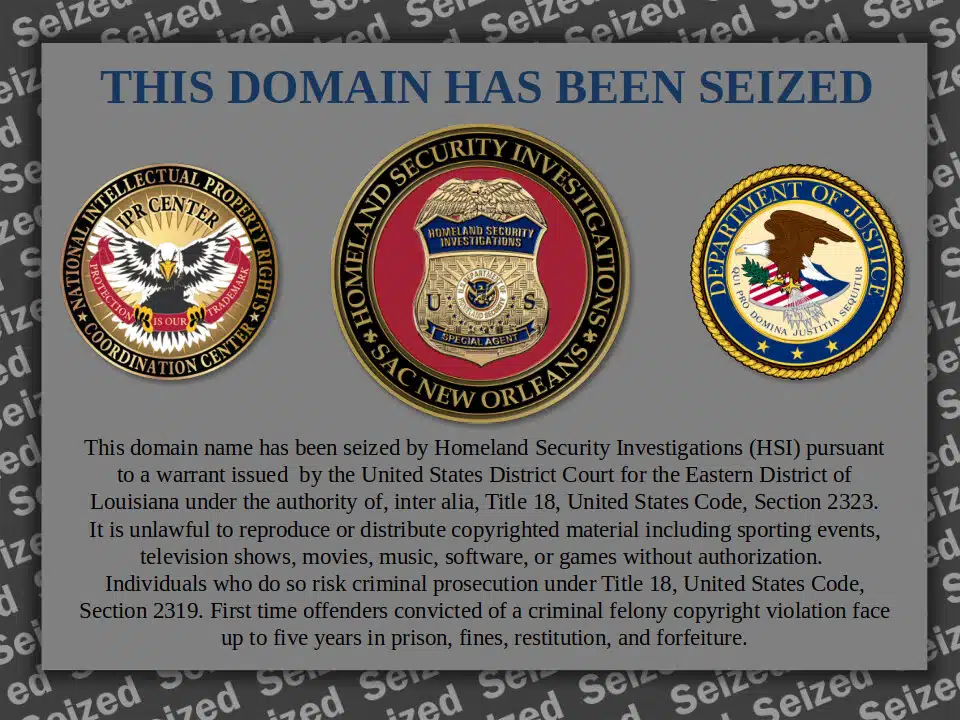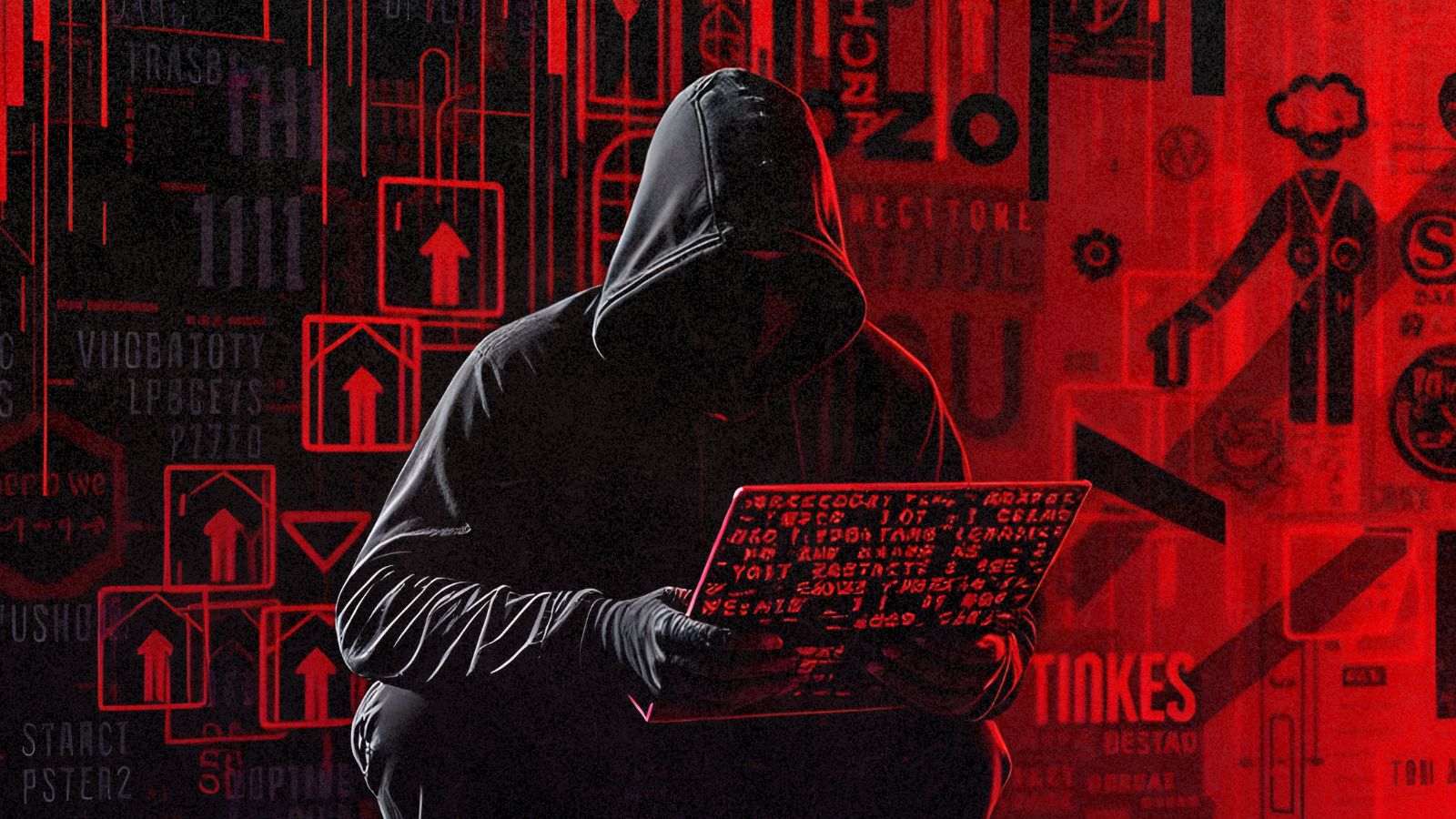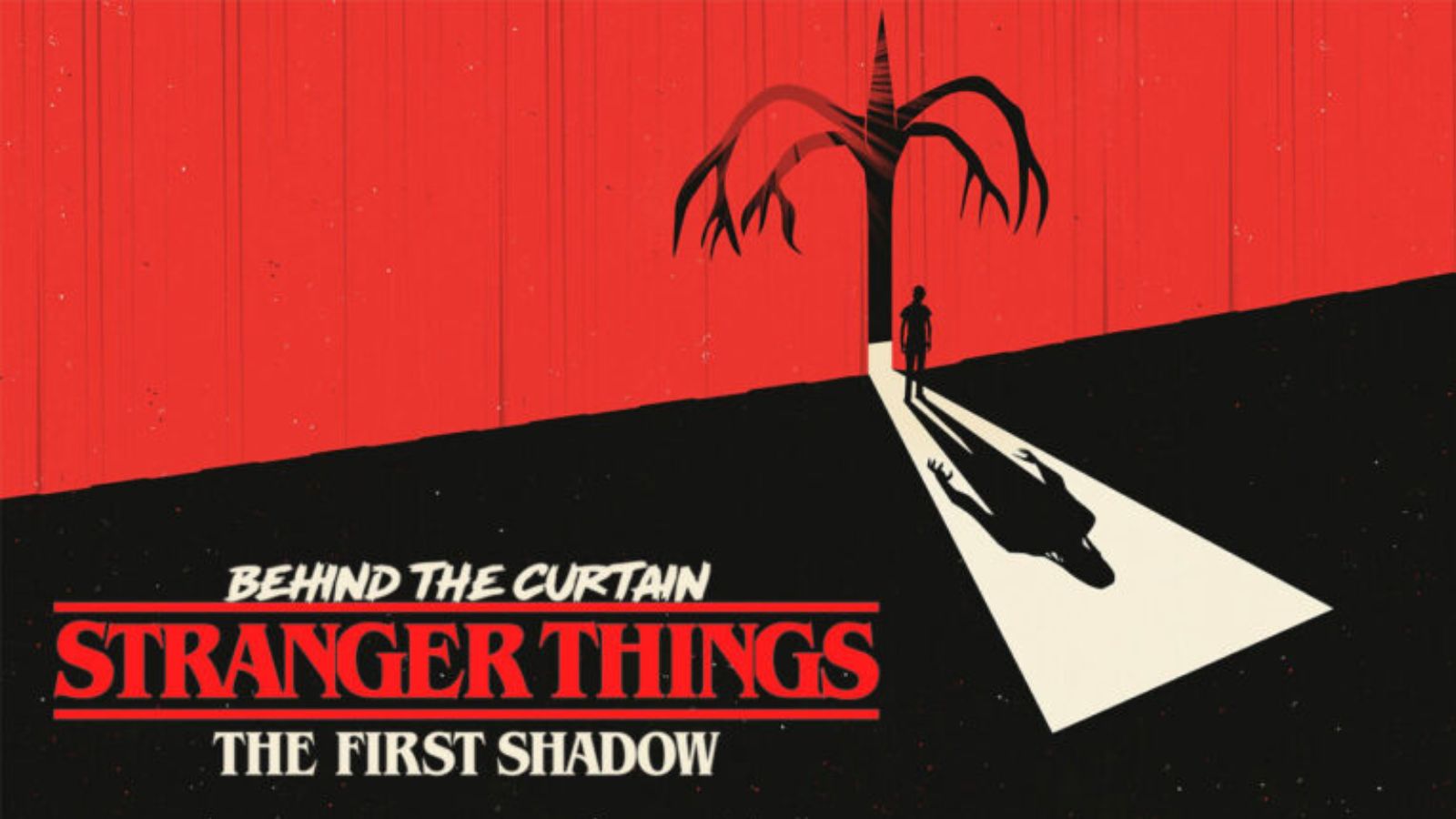
US Authorities Seize Domains of Pirate Sports Streaming Sites During Super Bowl LVII
- Super Bowl Crackdown shut down over 40 pirate sports streaming domains during the seventeenth edition.
- The seized domains include major sites attracting millions of visitors looking for free sports streams.
- They now redirect to a Justice Department-managed server frequently used in anti-piracy efforts.
U.S. federal authorities’ major crackdown on pirate sports streaming sites coinciding with Super Bowl LVII, the nation’s most-watched TV event, seized at least 40 domain names, shutting down popular platforms like Streameast, Crackstreams, and Totalsportek.
The timing was deliberate, disrupting illegal streaming during the Philadelphia Eagles vs. Kansas City Chiefs matchup, a peak moment for online viewership. At least 40 domains have been seized so far, with more potentially coming as details emerge.
Among the confirmed domains affected by the crackdown are boxingstreams.buzz, crackstream.buzz, streameast.co, thestreameast.net, and totalsporteks.biz.
The seized domains include major sites attracting millions of visitors looking for free sports streams. Visitors to these sites now see a seizure notice from Homeland Security Investigations (HSI) and other U.S. law enforcement agencies, stating the sites were taken down under U.S. law prohibiting the unauthorized distribution of copyrighted material.
These domains are redirecting to SEIZEDSERVERS.COM, a Justice Department-managed server frequently used in anti-piracy efforts. Authorities haven’t released detailed statements, but domain registrars and U.S.-based registries like Verisign likely played a key role.
Similar actions have targeted unauthorized Super Bowl streaming in the past, though today’s piracy landscape is larger and more complex, posing greater challenges for enforcement.
These seizures are unlikely to stop sports piracy entirely. Pirate platforms often relaunch using mirror sites and backup domains.
Streameast, for instance, has continued operations after prior crackdowns. Sites like boxingstreams.buzz, nba66.biz, and vipboxtv.biz often have contingency plans, creating a cycle of shutdowns and relaunches.
While enforcement sends a strong message about protecting intellectual property, some industry voices call for more affordable, accessible legal options to reduce piracy demand—a longer-term strategy to complement legal action.










